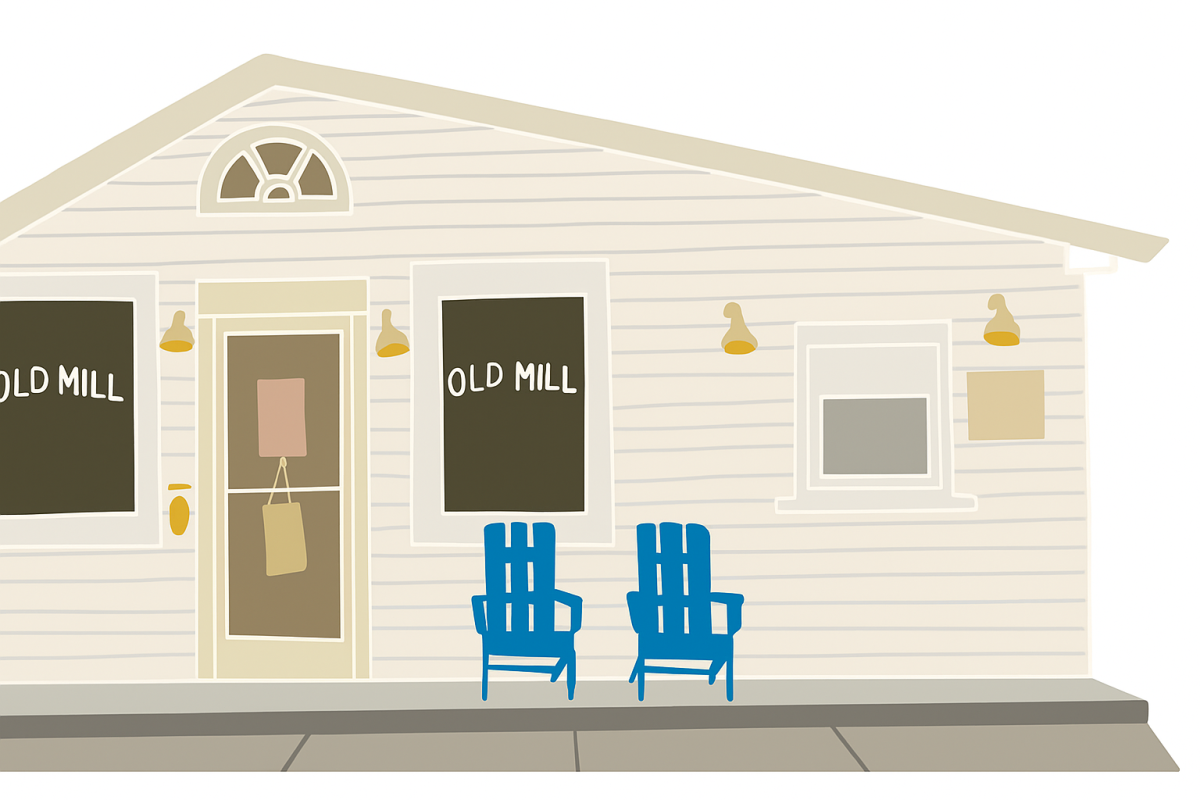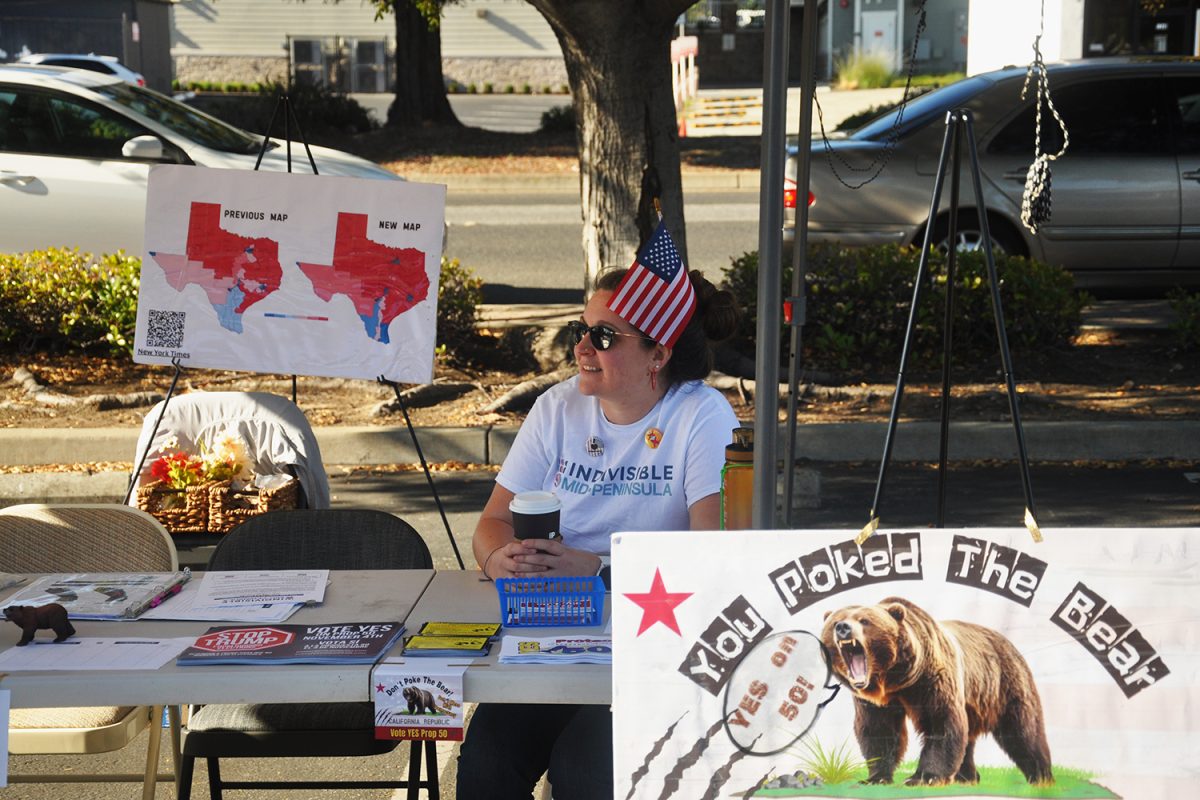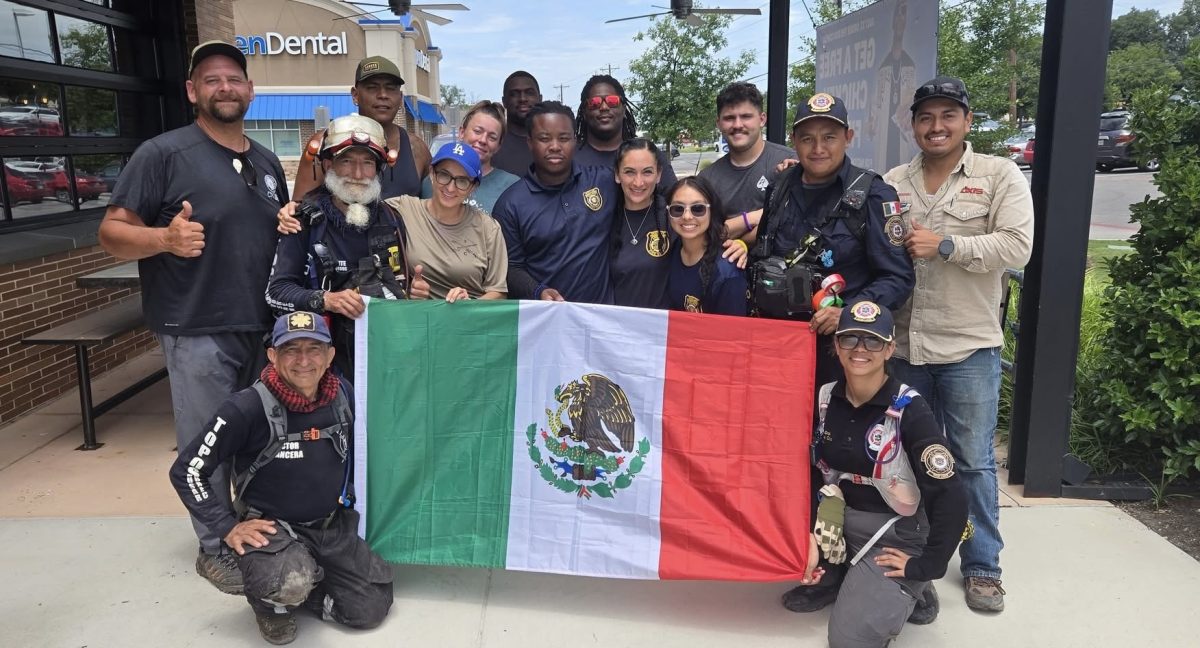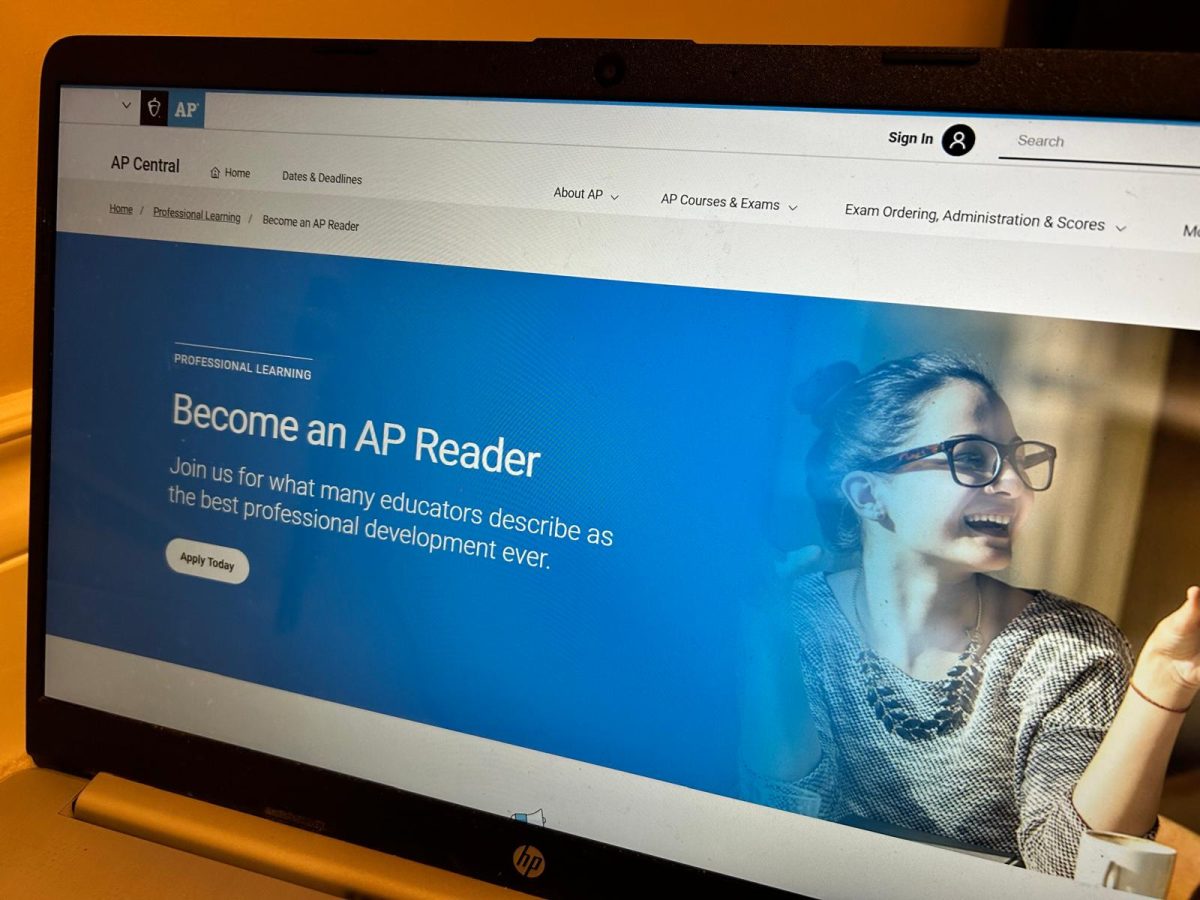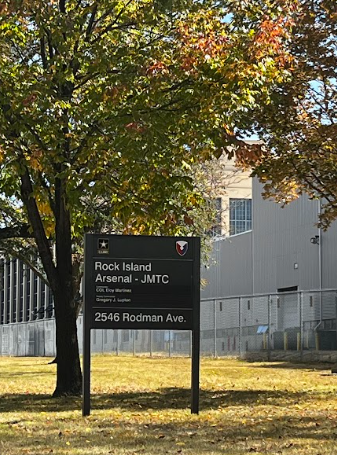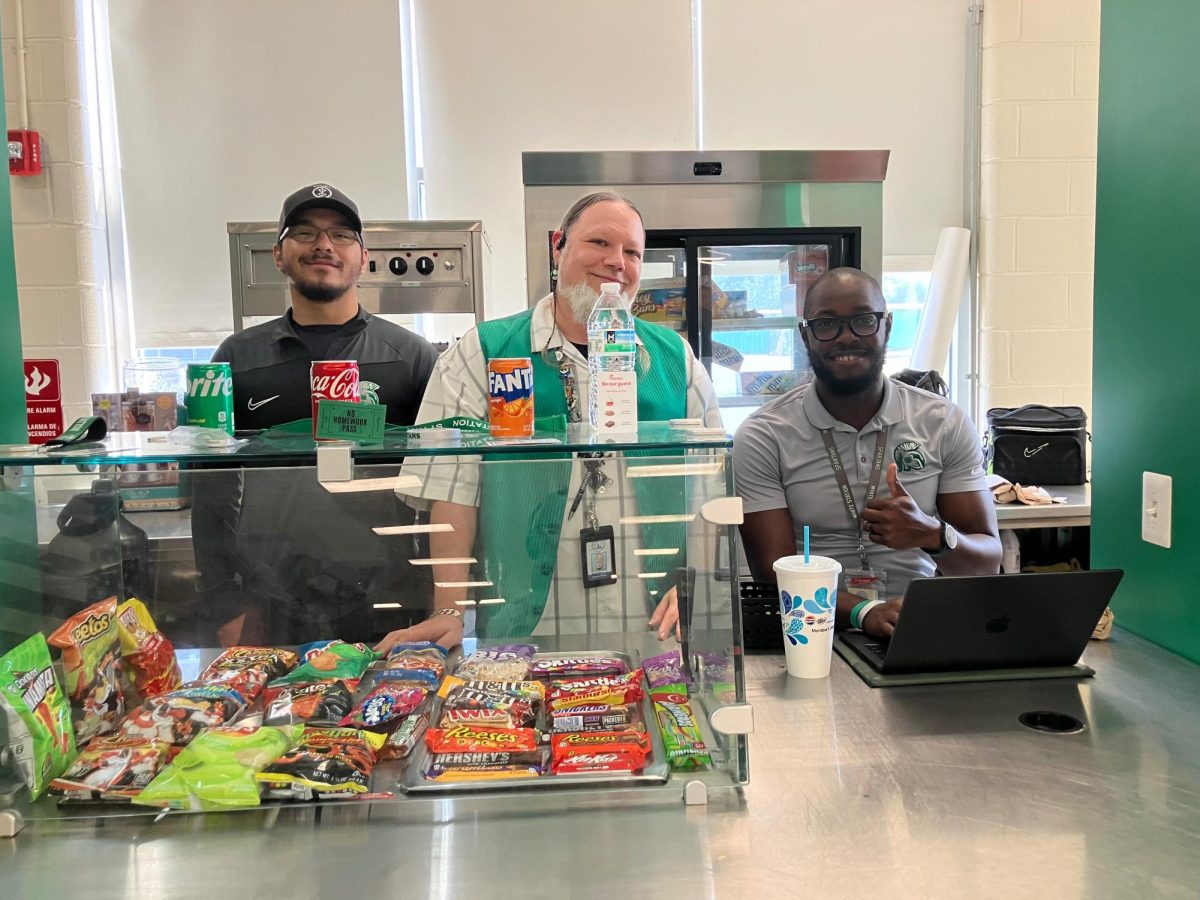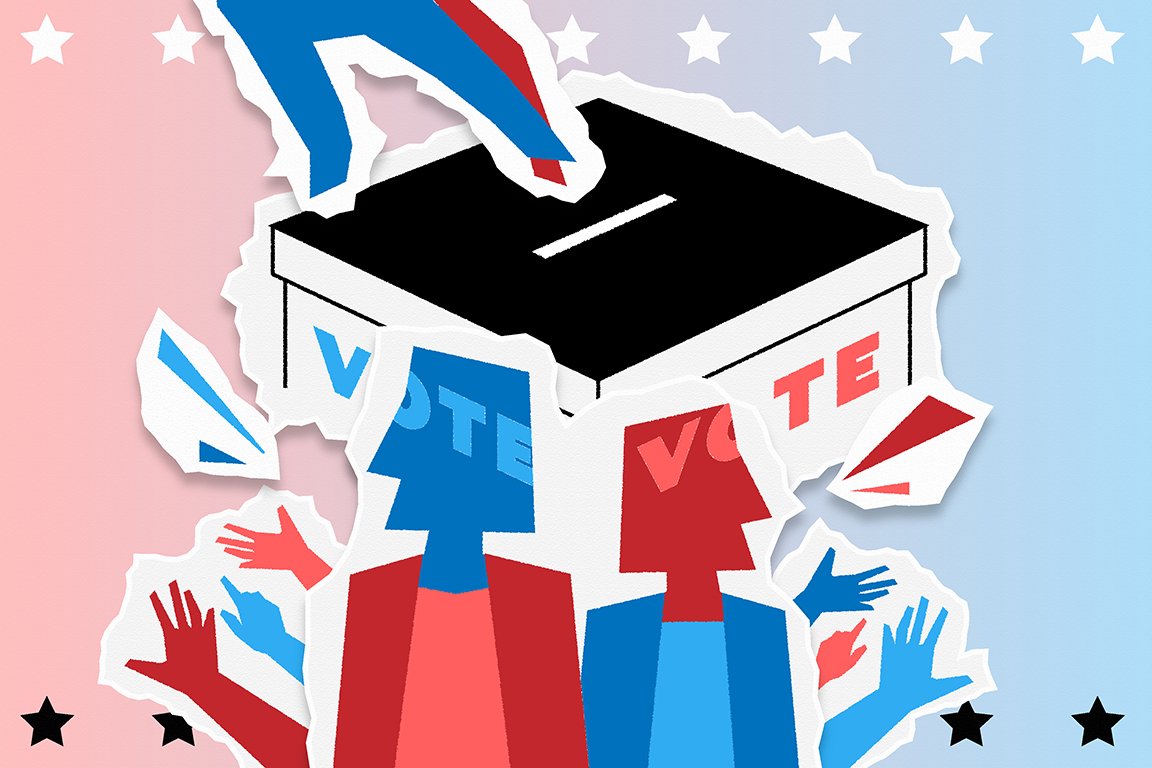The 2024 Presidential Election is hyped as one of the most polarizing elections of our lifetime, in part because of the very different policies and personalities of candidates Kamala Harris and Donald Trump. But also because the election follows a year of unprecedented firsts, including a felony conviction for Trump and President Joe Biden’s abrupt exit from the race.
Like much of the rest of the country, the Nov. 5 election is leaving many LFHS seniors “worried” or “exhausted” about the political climate.
Perspectives on the Political Climate
While election season brings excitement – and anxiety – across the nation, it is a new opportunity for many seniors to vote for the very first time.
The Forest Scout sent an anonymous survey on Oct. 3 to the senior class. 131 responses were collected over the course of three days. While this is not a scientific survey, the data does give some insight into the attitudes of the youngest voters in the Lake Forest community.
The responses were not necessarily surprising; similar to national data, the respondents were relatively split down the middle in terms of which candidate they supported. The results also demonstrate a sense of uncertainty in the country’s political future, as well as a general dissatisfaction in the candidates running for president.
Almost half (48%) indicated that they feel “worried” about the state of the political climate, while just 19.% of students chose the words “excited” or “hopeful.”
This aligns with the general trend of many Gen Z and Millennial voters, according to a UC Berkeley study. The data shows that young voters feel “fatalistic.”
The same study also reveals that young voters see the government systems as “fractured” and “dysfunctional.” Fewer citizens have confidence in the future of the U.S. political system, and there is a growing number of people who say they dislike both political parties.
“I think the election is so polarizing this year because of the stark contrasts between the candidates, especially following the Trump presidency for four years and the Biden-Harris administration,” said Carris for Congress employee Theo Jamboretz. “I think many people feel torn between a nostalgic longing for past leadership and a desire to embrace progressive values that look toward the future.”
The intense division in this election mirrors historical shifts in political ideologies. Students interviewed by The Forest Scout said the current moment reflects a time of transformation.
“We learned about major moments [in APUSH] where the political parties changed, and it’s weird to reflect on that because it feels like we are in one of those periods,” said senior Model UN member Carolyn Stach. “People who used to be Republican are starting to shift Democrat or independent because they don’t align with the MAGA Republicans.”
The heightened political polarization has made it harder for people to come to an agreement. Students feel that it’s almost impossible to be moderate in this political climate.
“It’s just so polarized. A lot of people aren’t willing to find a common ground, which is kind of sad,” Stach said.
According to the survey, 39% of seniors feel “very informed” about the current candidates and current issues, while 49.6% feel “fairly informed.” 11.5% of students said they don’t feel informed.
Senior President of Mock Trial, Model UN, and Debate Nicholas Pizzo is one of the “very informed” students. He said that it is “unconscionable” to vote for either candidate.
“I do find that while Trump’s plans are very drastic and worrying, [Harris] seems to have no real way of addressing it. The Democrats are running a very reactionary campaign, wherein their policies are not really being made alone, but rather just in response to what Republicans are already saying. I think that that’s really disturbing,” Pizzo said.
Key Policies and Major Issues
In the TFS survey, 51.1% of students indicated they support Donald Trump, 36.6% for Kamala Harris, and 12.2% of respondents said they were undecided or choosing another candidate.
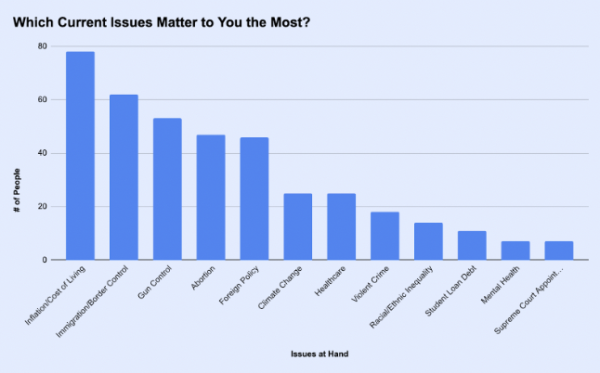
One of the top issues seniors said they are concerned about is inflation and cost of living, with 59.5% of voters selecting it as one of their top three priorities. A higher percentage of Trump voters say the economy is a top priority to them than Harris voters.
Inflation is the increase in the price of goods and services over a period of time. According to the Federal Reserve, inflation has averaged 1.9% a year from 2017 to 2021 when Trump was President.
Inflation is on track to average a 5% increase per year during the Biden Administration, but it’s currently at 2.4%, which is the lowest it has been in three years. Trump said that he wants a more direct role in how the Federal Reserve sets its interest rates, while Harris suggested that she would continue the efforts of how the Biden Administration is tackling the effects of inflation while acknowledging high costs of key needs.
If inflation increases 5% but a person receives a 6% raise, then overall they are better off. If they only get a 3% raise, then their purchasing power goes down and they are worse off, despite the 3% raise. AP Economics teacher Mr. Steve Clegg describes inflation as a “basket of goods” the average family buys in a month.
“[The government] looks at how much that basket of things cost, things like groceries, rent, medical prescriptions, gasoline, cable, etc. Inflation is at 2.4%, which means that in the past year, the cost of all of those things in the basket combined has gone up 2.4%. Some things may have gone up and some may have gone down, but [the percentage] represents the overall price change,” he said.
Many factors beyond the presidency impact inflation, but an administration can affect things like tax policy, spending, and interest rates.
“The President typically gets too much blame or credit for the state of the economy, but it does play a role in how people vote in terms of politics,” Clegg said. “If things are not going well, people tend to want to change things and have someone else in charge to see if they can do better.”
The survey also revealed that 47.3% of respondents are concerned about border control and immigration.
After spike in illegal immigration in 2023, President Biden issued an Executive Order in June that limited asylum claims. That may have contributed to four consecutive months of lower border crossing. Harris said that she would take Biden’s recent crackdown on asylum seekers ever further, which would lead to a significant decrease in the number of border crossings.
“The United States is a sovereign nation, and I believe we have a duty to set rules at our border and to enforce them,” Harris said during a trip to the southern border.
The administration sent an immigration reform bill to Congress with goals to increase border security funding, but it did not pass. Border control continues to be a topic many Republicans hold against Harris.
“Issues that I consider most when it comes to electing a president are their policies on having a strong and secure border to stop the flooding of illegal immigrants coming into the country,” said senior Trump supporter Powell Brickman.
Trump said that if elected, he would “begin the largest deportation operation in American history” on his first day in office. He also said that illegal immigrants are “poisoning the blood of our country” at a rally in New Hampshire in 2023.
Conversely, topics such as mental health, student loan debt, violent crime, ethnic inequality, and Supreme Court appointments gathered less concern, with fewer than 15% of respondents prioritizing them.
The Significance of Staying Informed and Voting
AP Government teacher Mrs. Cheryl Kyrias said it’s “extremely important” for young students to be involved in the electoral process.
“Especially now with elections being so close, young people can make a difference in who wins. It’s also important for young people to have a say in the world they are living in,” Kyrias said.
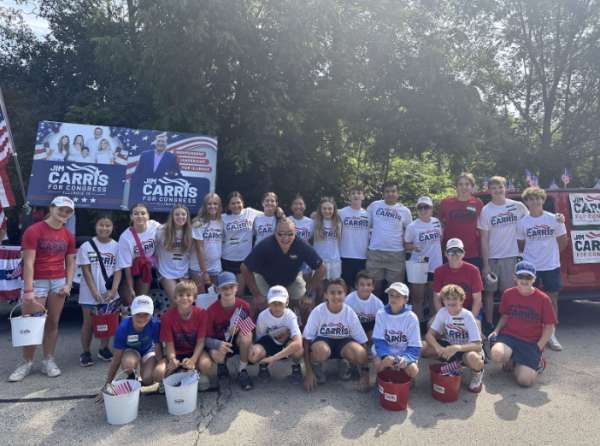
With 41 million Gen Z members eligible to vote in the 2024 election, eight million new voters since 2020, the voice of young voters may have a significant impact on the election.
“I definitely feel as though my vote is really important, especially today, because it allows people to speak their mind on their opinions that otherwise won’t be reflected,” Jamboretz said.
Stach, however, thinks young voters tend to be pessimistic.
“Our generation is generally very pessimistic about the world anyway, and I see this happen again and again with the candidates, and their refusal to talk about anything is really affecting people and students that are the youth of our country.”
Mrs. Kyrias said teachers at LFHS should provide credible resources to students in order to aid them in drawing their own conclusions. If students are going to use their voices in a thoughtful manner, they must be informed on current issues.
“I use non-partisan websites like Ballotpedia and Isidewith.com to educate myself and students about elections. The National Constitution Center has great resources too.”
As the election approaches, the Young Americans for Freedom club (YAF) at LFHS has devoted their meetings to talking about the election process and the candidates. The meetings are led by junior cofounders Sophia and Camille Brincat.
“This is our moment to choose a future grounded on constitutional values and values that make America the best nation in the world,” Sophia Brincat said.
For first time voters, this election may be a significant turning point in their lives as they now have the ability to make a decision about the policies of their country and community. Truth is an important factor for young voters, especially Stach, who said that having “foundational evidence and reasoning” for a vote is important.
“I’m really big on informed decision making. It would be nice if there was just pure, unbiased information, but that’s very utopian,” Stach said.
This story was originally published on The Forest Scout on October 17, 2024.


